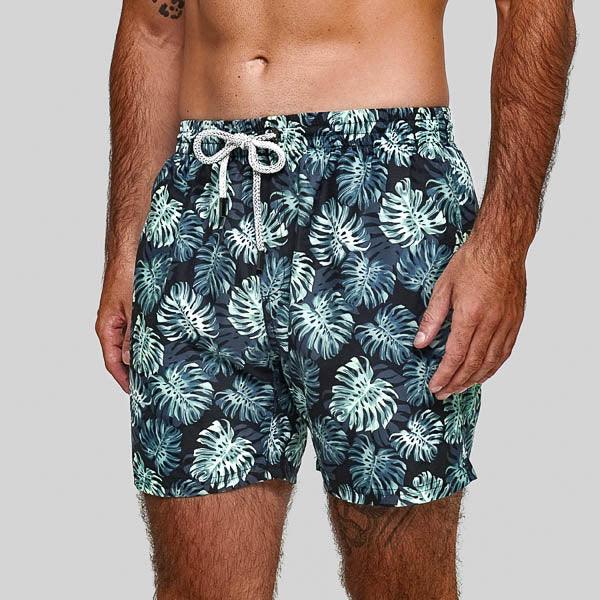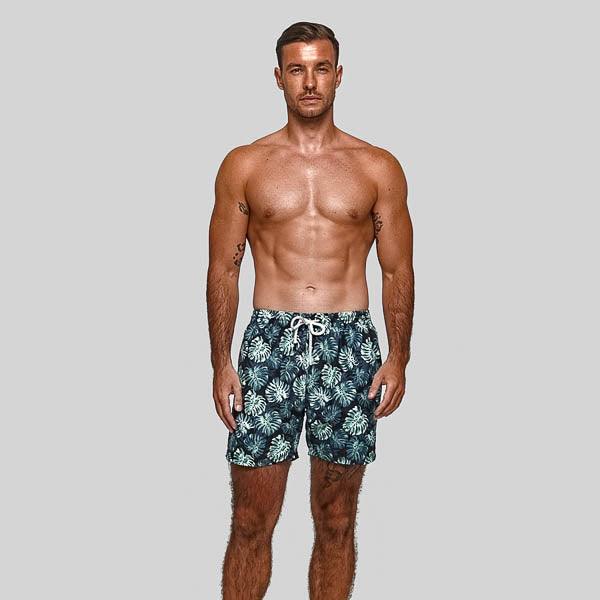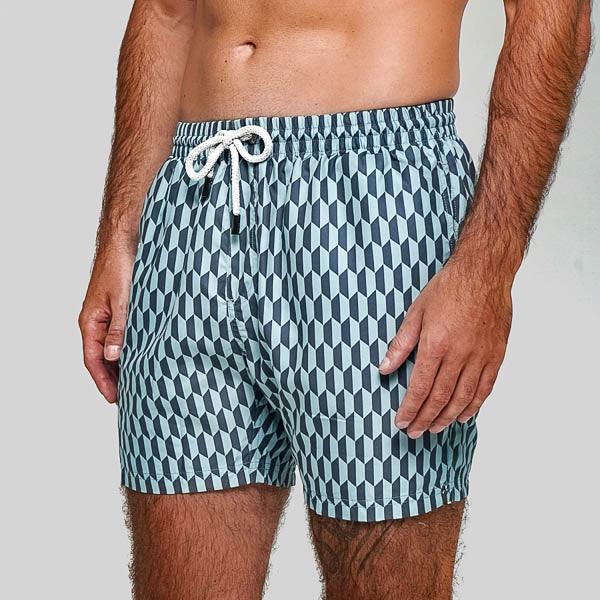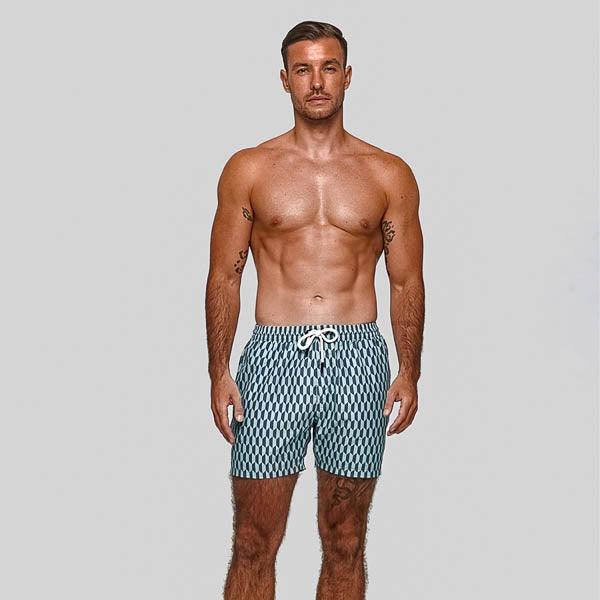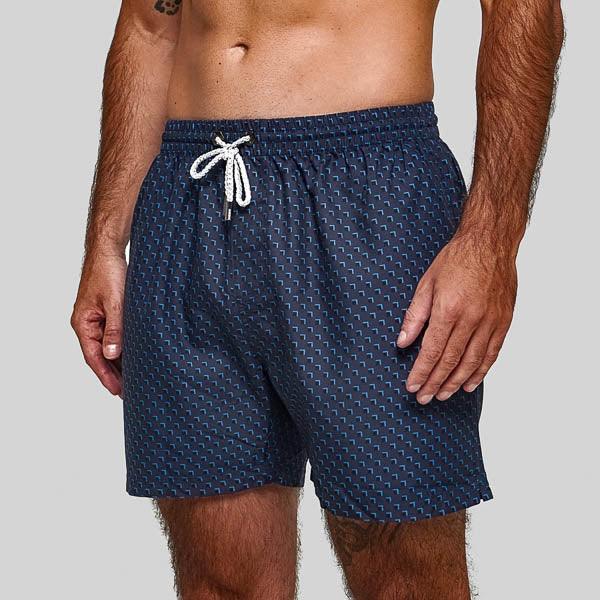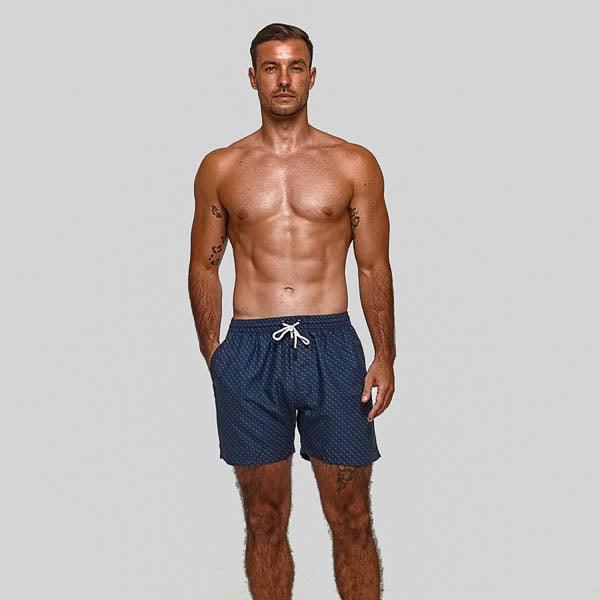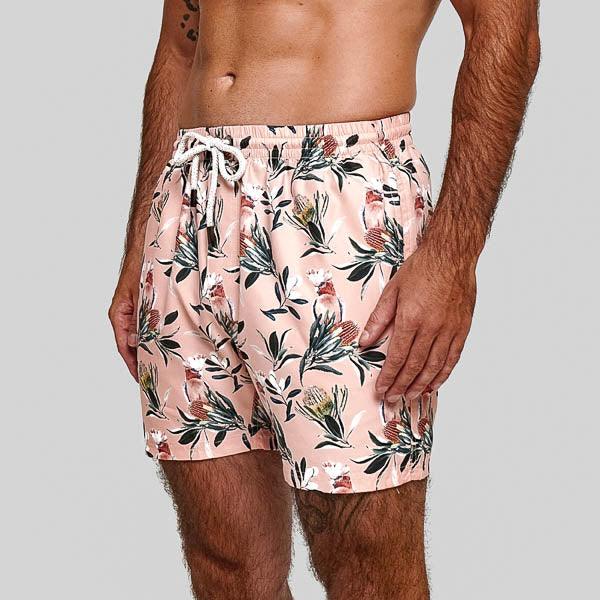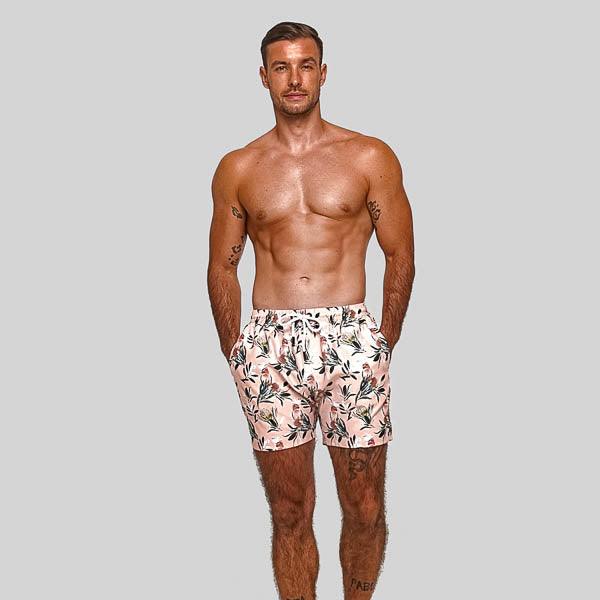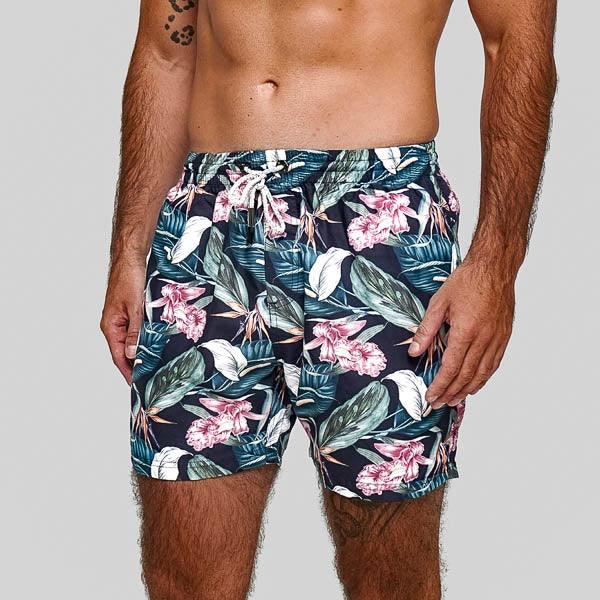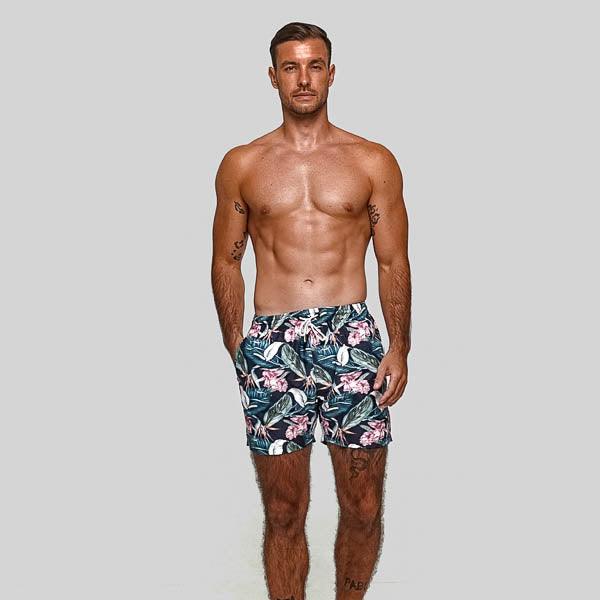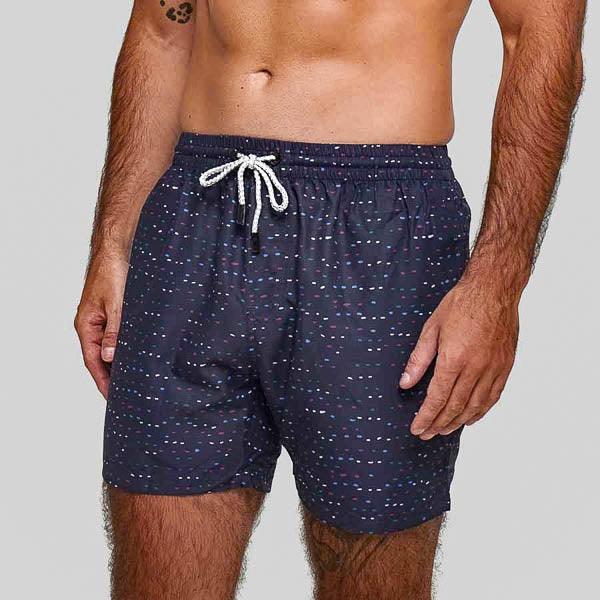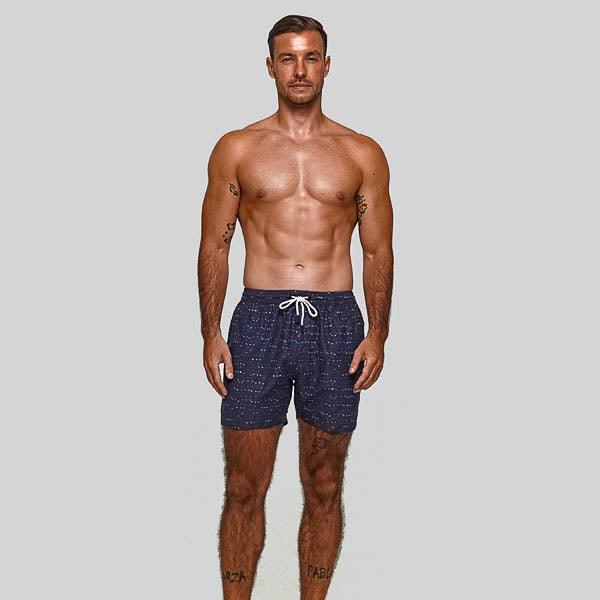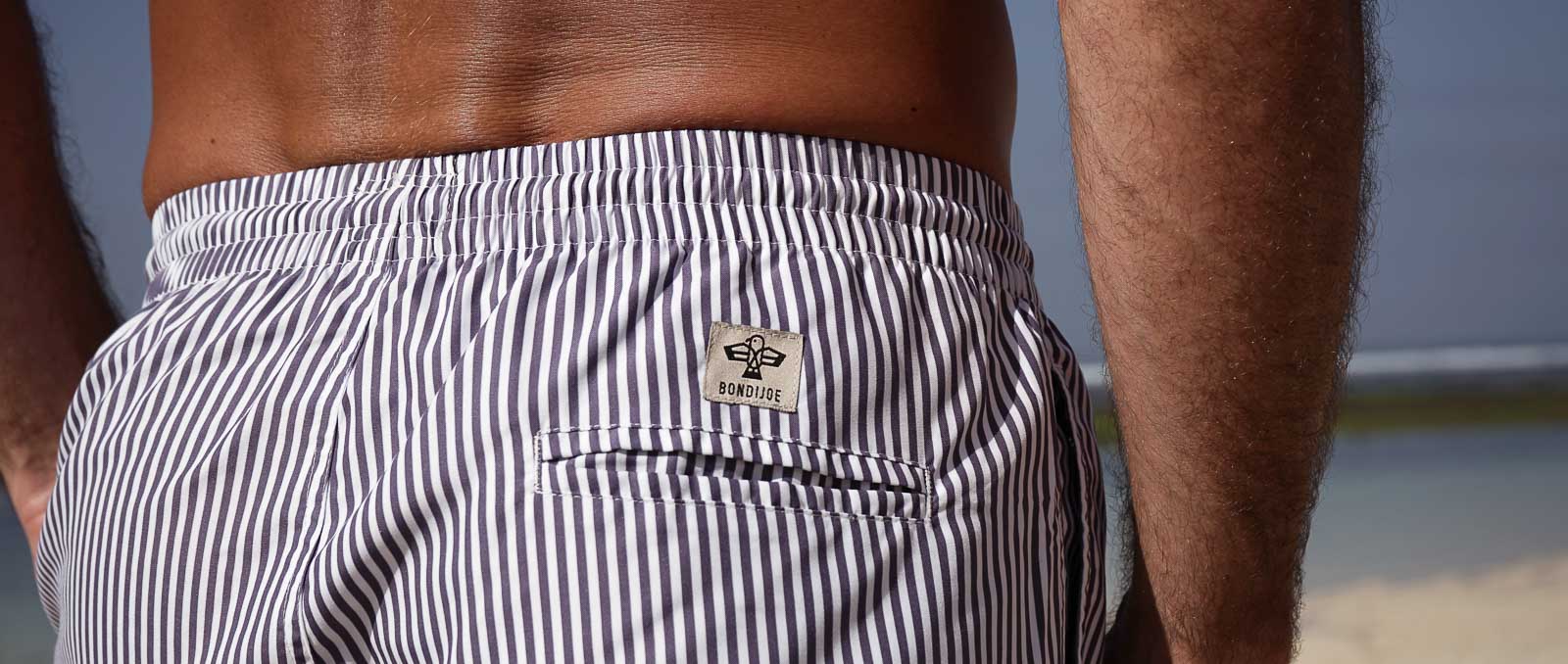As consumers become increasingly aware of the impact of their purchasing decisions, the demand for ethically produced goods has surged. Ethical men's swimwear is at the forefront of this movement, offering stylish, high-performance options that prioritize fair labor practices and environmental sustainability. In this comprehensive guide, we will explore the significance of ethical manufacturing practices in men's swimwear production, the benefits of choosing ethically made products, and the top brands committed to making a difference.
Understanding Ethical Manufacturing
What is Ethical Manufacturing?
Ethical manufacturing refers to production processes that prioritize human rights, fair wages, safe working conditions, and environmental sustainability. In the context of men's swimwear, this means using materials and methods that reduce environmental impact, ensuring workers are treated fairly, and maintaining transparency throughout the supply chain.
Importance of Ethical Manufacturing in Fashion
The fashion industry has long been criticized for its environmental and social impacts. Fast fashion, in particular, often involves exploitative labor practices and significant waste. Ethical manufacturing addresses these issues by promoting fair labor, reducing waste, and using sustainable materials, ultimately contributing to a more responsible and transparent industry.
Key Practices in Ethical Men's Swimwear Production
Fair Labor Practices
Ethical swimwear brands ensure that workers receive fair wages, work reasonable hours, and operate in safe conditions. This includes adherence to international labor standards and providing opportunities for worker empowerment and development.
Sustainable Materials
Ethical men's swimwear often utilizes sustainable materials such as organic cotton, recycled polyester, and eco-friendly dyes. These materials reduce environmental impact by conserving resources, reducing pollution, and promoting circularity in fashion.
Transparent Supply Chains
Transparency is crucial in ethical manufacturing. Brands committed to ethical practices provide detailed information about their supply chains, allowing consumers to make informed choices. This transparency helps build trust and holds companies accountable for their practices.
Eco-friendly Production Methods
Reducing environmental impact involves using energy-efficient production methods, minimizing water usage, and reducing waste. Ethical brands often implement innovative techniques to achieve these goals, such as closed-loop recycling systems and zero-waste manufacturing.
We have published a range of guides to mens swim trunk sustainability and ethics to help you.
Benefits of Ethical Men's Swimwear
Environmental Impact
Choosing ethical swimwear helps reduce environmental degradation. Sustainable materials and eco-friendly production methods minimize resource consumption and pollution, contributing to the preservation of natural ecosystems.
Social Responsibility
Ethical manufacturing supports fair labor practices and empowers workers, ensuring they are treated with respect and dignity. This fosters a more equitable and just global economy.
Consumer Trust and Brand Loyalty
Brands that prioritize ethical practices often enjoy increased consumer trust and loyalty. Informed consumers are more likely to support companies that align with their values, leading to long-term brand success.
Innovation and Quality
Ethical brands often invest in innovative materials and production techniques, resulting in high-quality, durable products. These innovations can enhance performance and comfort, offering superior swimwear options for consumers.
How to Identify Ethical Men's Swimwear
Certifications and Standards
Look for certifications such as Fair Trade, Global Organic Textile Standard (GOTS), and OEKO-TEX, which indicate adherence to ethical and sustainable practices. These certifications provide assurance that the swimwear meets specific social and environmental standards.
Brand Transparency
Research brands that openly share information about their supply chains, labor practices, and environmental impact. Transparency is a key indicator of a brand's commitment to ethical manufacturing.
Material Choices
Opt for swimwear made from sustainable materials like recycled polyester, organic cotton, and biodegradable fabrics. These materials are less harmful to the environment and often result in high-performance swimwear.
Consumer Reviews and Ratings
Check customer reviews and ratings to gauge the quality and ethics of a brand. Positive feedback regarding sustainability and fair practices can help identify trustworthy brands.
Top Ethical Men's Swimwear Brands
Patagonia
Patagonia is renowned for its commitment to environmental sustainability and fair labor practices. Their swimwear is made from recycled materials, and the company is transparent about its supply chain and production processes.
Outerknown
Founded by surfer Kelly Slater, Outerknown emphasizes sustainability and ethical production. Their swim trunks are crafted from recycled polyester and organic cotton, and they prioritize fair labor practices throughout their supply chain.
Finisterre
Finisterre focuses on creating durable, high-performance swimwear with minimal environmental impact. They use sustainable materials and ethical manufacturing practices, ensuring their products are both eco-friendly and socially responsible.
Bondi Joe
Bondi Joe offers stylish, eco-friendly mens swim trunks made from recycled polyester. The brand is committed to ethical production, fair labor practices, and reducing their environmental footprint.
Vissla
Vissla combines innovative design with sustainability, using recycled polyester and other eco-friendly materials in their swimwear. They support initiatives to protect oceans and promote fair labor practices.
Patagonia
Patagonia is a pioneer in sustainable and ethical fashion. Their swimwear collection features products made from recycled polyester and other eco-friendly materials. Patagonia is committed to fair labor practices, ensuring that their workers are treated with respect and dignity.
The Future of Ethical Men's Swimwear
Technological Advancements
Advances in technology are paving the way for more sustainable and ethical production methods. Innovations such as bio-based materials, closed-loop recycling systems, and energy-efficient manufacturing processes are becoming more prevalent, further reducing the environmental impact of swimwear production.
Increased Consumer Awareness
As consumers become more informed about the impact of their purchases, demand for ethical swimwear is likely to grow. This increased awareness will drive brands to adopt more sustainable and ethical practices, ultimately transforming the industry.
Collaborative Efforts
Collaboration among brands, suppliers, and consumers is essential for advancing ethical manufacturing practices. Joint efforts can lead to the development of new standards, certifications, and initiatives that promote sustainability and social responsibility in the fashion industry.
Tips for Supporting Ethical Swimwear Brands
Research and Educate Yourself
Take the time to research brands and their practices. Educate yourself about sustainable materials, certifications, and the impact of various production methods to make informed purchasing decisions.
Choose Quality Over Quantity
Invest in high-quality swimwear that is designed to last. This reduces the need for frequent replacements and minimizes waste, contributing to a more sustainable wardrobe.
Support Brands with Ethical Practices
Purchase swimwear from brands that prioritize ethical manufacturing. By supporting these companies, you help promote fair labor practices and environmental sustainability.
Advocate for Change
Use your voice to advocate for more ethical practices in the fashion industry. Support initiatives and organizations that promote sustainability and fair labor, and encourage brands to adopt more responsible practices.
Conclusion
Ethical manufacturing practices in men's swimwear production are essential for creating a more sustainable and socially responsible fashion industry. By choosing swimwear made from sustainable materials, supporting fair labor practices, and advocating for transparency, consumers can make a positive impact on the environment and the lives of workers. As the demand for ethical swimwear grows, brands will continue to innovate and improve their practices, leading to a brighter future for both fashion and the planet.
FAQs
What is ethical men's swimwear?
Ethical men's swimwear refers to swim trunks and other swimwear products that are produced using fair labor practices, sustainable materials, and environmentally friendly production methods. These products prioritize the well-being of workers and the planet.
Why is ethical swimwear important?
Ethical swimwear is important because it helps reduce environmental impact, supports fair labor practices, and promotes transparency in the fashion industry. By choosing ethical swimwear, consumers can make a positive difference for both people and the planet.
What materials are used in ethical swimwear?
Ethical swimwear often uses sustainable materials such as recycled polyester, organic cotton, biodegradable fabrics, and eco-friendly dyes. These materials are chosen for their reduced environmental impact and high performance.
How can I find ethical swimwear brands?
To find ethical swimwear brands, look for certifications such as Fair Trade, GOTS, and OEKO-TEX, research brand transparency, check material choices, and read consumer reviews. Brands that openly share their practices and prioritize sustainability and fair labor are more likely to be ethical.
Are ethical swimwear products more expensive?
While ethical swimwear products can be slightly more expensive due to the costs of sustainable materials and fair labor practices, they often offer better quality and durability. Investing in ethical swimwear can lead to long-term savings and a more sustainable wardrobe.
What are some top brands for ethical men's swimwear?
Top brands for ethical men's swimwear include Patagonia, Outerknown, Finisterre, Vitamin A, and Vissla. These brands are committed to sustainability, fair labor practices, and transparency in their production processes.



